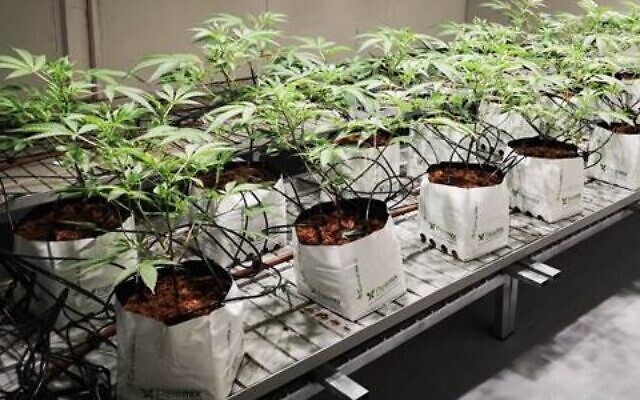Israeli researchers have used cutting-edge technology to grow an improved variety of cannabis containing higher levels of THC and CBG, the main active constituents of cannabis. This opens new perspectives for a plant that is both medicinal and used as a recreational drug.
In work at the Hebrew University of Jerusalem’s Robert H. Smith Faculty of Agriculture, Food and Environment, researchers were able to engineer and grow cannabis plants with higher levels of 17% THC (tetrahydrocannabinol), the main psychoactive component of cannabis, and 25% higher levels of CBG (cannabigerol), a non-psychoactive cannabinoid. This last substance is generally associated with a feeling of physical relaxation and sometimes used as a treatment for sleep disorders, inflammation and chronic pain.
The lab-grown strain contained 20-30% more terpenes, responsible for maximizing the euphoric effects of cannabis.
The aim of the study, according to a press release published by the university, was to develop a mechanism allowing researchers to intervene in the biochemical pathways of the cannabis plant and modify the levels of active substances produced.
Researchers were ultimately able to increase or decrease levels of specific substances by manipulating a plant’s virus and reusing it. Researchers have created a version of the virus that, instead of harming the plant, affects the cannabis genes responsible for producing its active substances.
TIMES OF ISRAEL.
–


